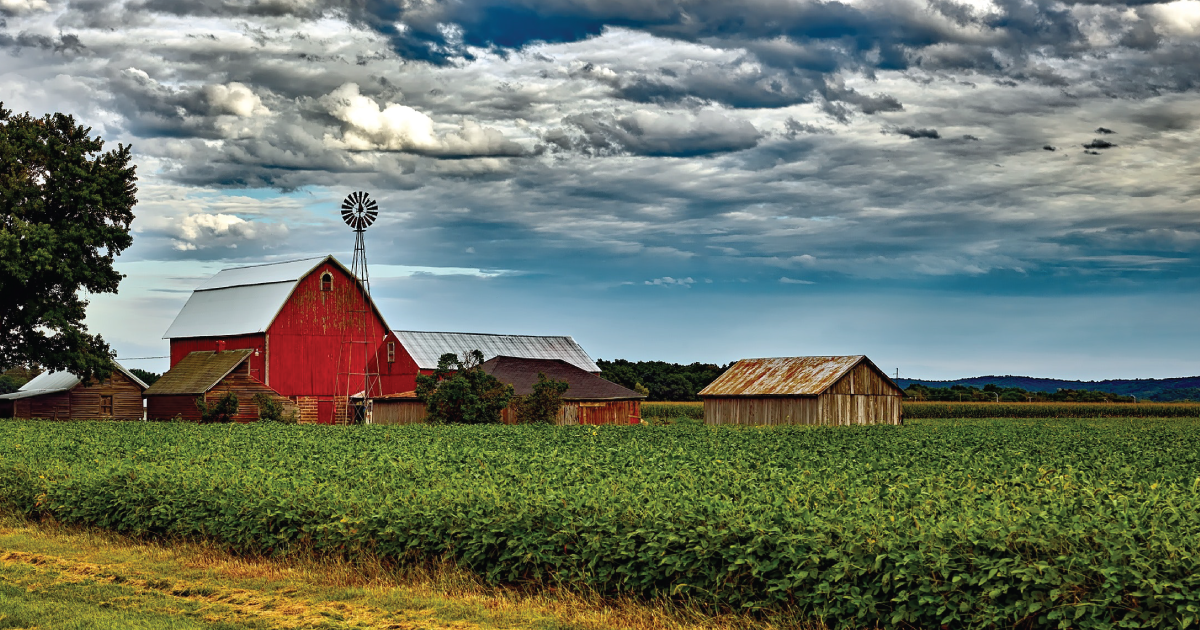
How the Green New Deal Can Deliver Land Justice
In 2013, when brandon king and others launched Cooperation Jackson — a radical project to bring economic democracy and worker ownership to Jackson, Mississippi — they decided to put their funds toward purchasing land instead of paying themselves salaries.
May 19, 2019 | Source: Jacobin Magazine | by Audrea Lim
Land is a source of both enormous wealth and horrendous inequality. The Green New Deal can reverse historic injustices while pushing agriculture into the sustainable, low-carbon future.
In 2013, when brandon king and others launched Cooperation Jackson — a radical project to bring economic democracy and worker ownership to Jackson, Mississippi — they decided to put their funds toward purchasing land instead of paying themselves salaries. “We were renting just to have a space for meeting — that’s completely not sustainable,” said king, who spearheads the group’s sustainable urban farm cooperative. Added his colleague Sacajawea Hall: “We needed to acquire and also be thinking about land ownership in a collective way. I don’t think it was ever a question.”
For Cooperation Jackson, the question of land — who owns it, manages it, and accesses it — is at the heart of the climate crisis, and a major source of wealth and inequality. It is also essential for ensuring that our sustainable, low-carbon future — the future envisioned by the Green New Deal (GND) — is a just one.
